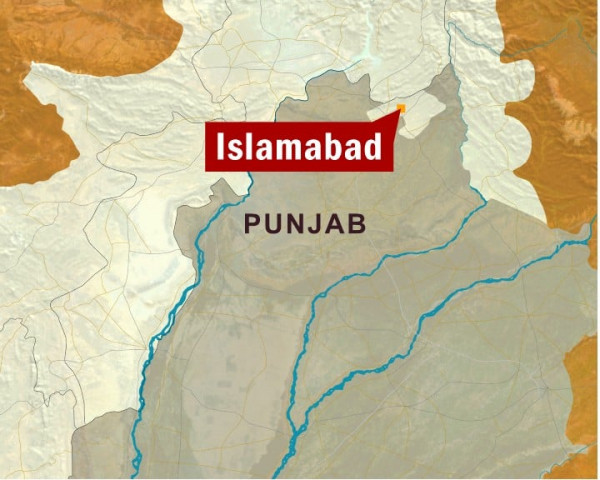Transferring life: ‘Brain-dead people could give new life to the dying’
Every day, leading hospitals receive over 50 people with severe brain injury, suitable for cadaveric transplant.

Transferring life: ‘Brain-dead people could give new life to the dying’
“His family’s act of courage and the emotional strain that we experienced while transplanting his organs gave us the idea to initiate Cadaveric Transplant in the country,” said health experts in a discussion titled “Scope of Cadaveric Transplant in Pakistan” held on Saturday at Shifa International Hospital in Islamabad.
Dr Saeed Akhtar, a kidney transplant surgeon; Dr Nayyar Mahmood and Dr Khawaja Saeed, both consultant nephrologists; Dr Faisal Dar, an organ transplant surgeon; Brig Waqar Azeem, General Asif Khan, cardiac surgeons at Armed Forces Institute of Cardiology; Prof Muhammad Umer, a herpetologist at Holy Family Hospital; Prof Khurshid Anwar, a kidney transplant surgeon and Professor Nadeem Ahmad, a liver transplant surgeon from Pakistan Institute of Medical Sciences, were the guest speakers.
They said that cadaveric transplant, which is the transplant of an organ from a deceased donor, is possible in Pakistan as there are enough well-trained professionals. However, unawareness and acceptance are lacking among the general public.
“We want every citizen in Pakistan to have a donor card,” a doctor said during the discussion. Till a brain-dead person’s body is kept on a ventilator, his/her organs such as kidneys, liver, heart, pancreas, lungs, eyes and intestines are functional and can be transplanted to others.”We assure people that the transplants will be free of charge,” they said.
Every day, leading hospitals in Lahore and Karachi receive over 50 people with severe brain injury, suitable for cadaveric transplant, the participants said.
Dr Akhtar said a kidney transplant was more cost effective than having a dialysis and urged the need for a comprehensive transplant programme in the country.
“Even the Council of Islamic Ideology has announced its complete satisfaction on organ transplantation,” he said.
Brig Azeem said, “A separate ward for cardiomyopathy (a disease of the heart muscle) will be established at [Armed Forces Institute of Cardiology] where heart transplantations will be done free of charge.”
According to Dr Dar, “There is a liver disease crisis in Pakistan at present.” About 7-8 million people in Pakistan are suffering from hepatitis B&C, some of which could be saved through liver transplants.
Published in The Express Tribune, February 27th, 2011.



















COMMENTS
Comments are moderated and generally will be posted if they are on-topic and not abusive.
For more information, please see our Comments FAQ